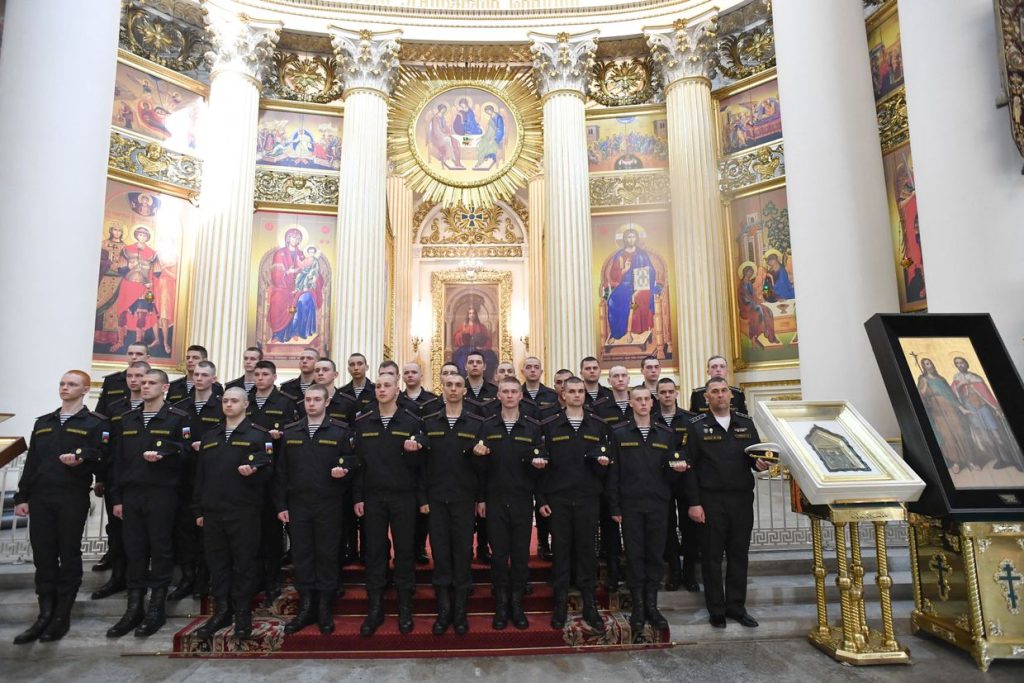Russian President Vladimir Putin recently signed a decree to conscript 150,000 citizens as part of the spring conscription campaign, as reported by Russia’s Defense Ministry. Conscription in Russia occurs twice a year, in the spring and fall, with all men between the ages of 18-30 required to serve one year in the military. The maximum age for conscripts was raised from 27 to 30 in July 2023. Conscripts mobilized during these campaigns are not permitted to be sent abroad to fight, including in Ukraine. However, the U.K. Defense Ministry reported that hundreds of Russian citizens have likely served in Ukraine due to administrative errors or coercion. The previous conscription round in September 2023 saw 130,000 men called up to serve, including in illegally annexed areas.
The U.K. Defense Ministry also stated that Russia is likely recruiting around 30,000 people monthly to support its war efforts. With the recent conclusion of the rigged presidential election in Russia, it is expected that the country will be able to carry out mobilization more openly. Over the past two years of the conflict in Ukraine, Moscow has utilized various tactics to sustain its military efforts, including expanding state-sponsored mercenary companies, recruiting convicted prisoners, integrating proxies from occupied regions, and forcibly conscripting Ukrainians in their own territories. The ongoing war has seen a range of strategies employed by Russia to maintain its military presence and influence.
The situation in Ukraine has been characterized by ongoing Russian aggression and attempts to manipulate the conflict to its advantage. The involvement of Russian soldiers and mercenaries in the region has raised concerns about violations of international law and human rights abuses. The conscription of citizens to bolster the military campaign further highlights the extent of Russia’s determination to assert its dominance in the region. Despite laws prohibiting the deployment of conscripts abroad, reports indicate that Russian citizens have been involved in the fighting in Ukraine.
The conflict in Ukraine has had far-reaching implications, not only for the immediate region but also for global security and stability. The influx of Russian troops and mercenaries into the country has escalated tensions and raised concerns among neighboring countries. The international community has called for a peaceful resolution to the conflict and has condemned Russia’s actions in Ukraine. Support for independent journalism in the region is crucial in highlighting the ongoing crisis and holding accountable those responsible for human rights violations.
As the war in Ukraine continues, it is essential to support efforts that promote transparency, accountability, and the protection of human rights. Independent journalism plays a critical role in shedding light on the complexities of the conflict and ensuring that the voices of those impacted are heard. By joining the fight to support independent journalism in Ukraine, individuals can contribute to efforts to hold perpetrators of violence and aggression accountable. The international community must stand together in advocating for peace, justice, and respect for human rights in Ukraine and beyond.















